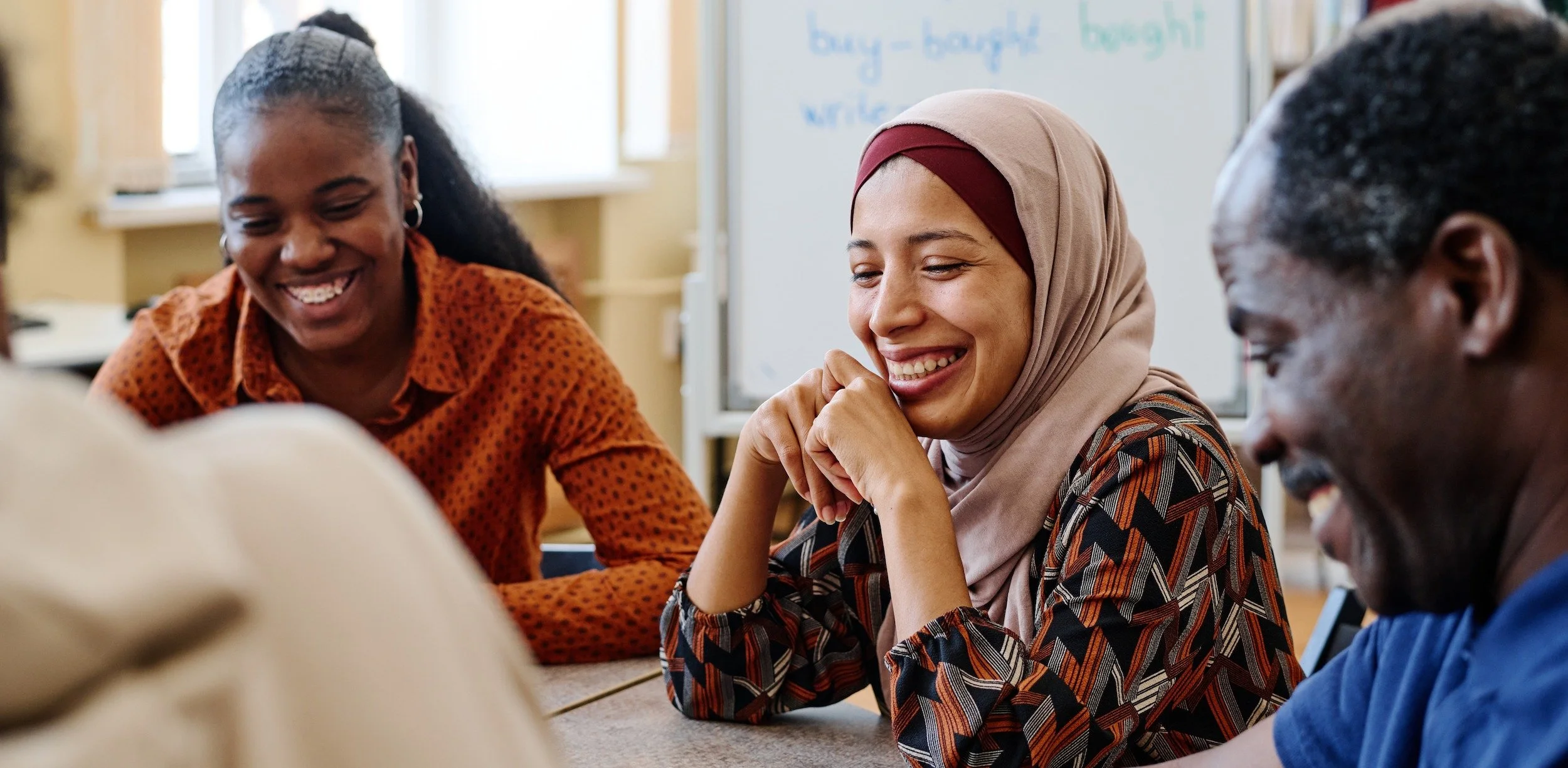JUSTICE.
EVERYONE.
EVERYWHERE.
Advancing the rule of law globally through pro bono legal expertise, building stronger justice systems that protect rights and empower communities.
86,500+ HOURS
of pro bono service
$36.5 MILLION
in expert legal support
33+ COUNTRIES
where we've built lasting impact
THE GLOBAL JUSTICE GAP
In an increasingly interconnected world, strong legal systems are essential for protecting human rights, ensuring economic stability, and building peaceful societies. Yet millions worldwide lack access to justice, and legal institutions in many countries need strengthening to meet modern challenges.
WHEN JUSTICE WORKS, COMMUNITIES FLOURISH
When courts function fairly, prosecutors are well-trained, and people can access justice, entire communities benefit. Economic development accelerates. Human rights are protected. Societies become more stable and prosperous.
Countries worldwide are investing in legal reform and seeking expert partnerships to strengthen their justice systems. Our global pro bono network delivers the training and support that makes sustainable change possible.
TRUSTED BY GLOBAL LEADERS IN JUSTICE
"For 25 years, Lawyers Without Borders has demonstrated that establishing the rule of law requires expertise, respect, and global collaboration. LWOB mobilizes pro bono legal resources to address key challenges in justice systems, emphasizing context-driven partnerships and sustainable engagement."
— Judge Ann Claire Williams (Ret.)
CONNECTING GLOBAL EXPERTISE WITH LOCAL NEEDS
We partner with legal professionals, judges, and institutions worldwide to strengthen the rule of law. We connect volunteer legal experts with local partners to deliver practical, sustainable solutions.
How We Deliver Lasting Impact:
Pro Bono Power: Top-tier legal talent from international firms and corporations volunteer their expertise
Local Leadership: We work alongside local partners, ensuring contextual and sustainable support
Strictly Neutral: We strengthen systems to ensure fair, consistent application of the law
OUR TEAM & LEADERSHIP
Our executive team and board bring decades of experience from top international law firms, federal courts, and global justice initiatives. They've prosecuted complex cases, advised governments, led judicial reforms, and built legal capacity in some of the world's most challenging environments.
This depth of expertise ensures our programs deliver measurable, sustainable impact.
25 YEARS OF BUILDING JUSTICE SYSTEMS
JOIN US IN ADVANCING JUSTICE GLOBALLY
Your Expertise Can Make a Difference
Join our global network of legal professionals delivering pro bono support where it's needed most.
Support Justice Worldwide
Your contribution strengthens legal systems that protect human rights and empower communities globally.










